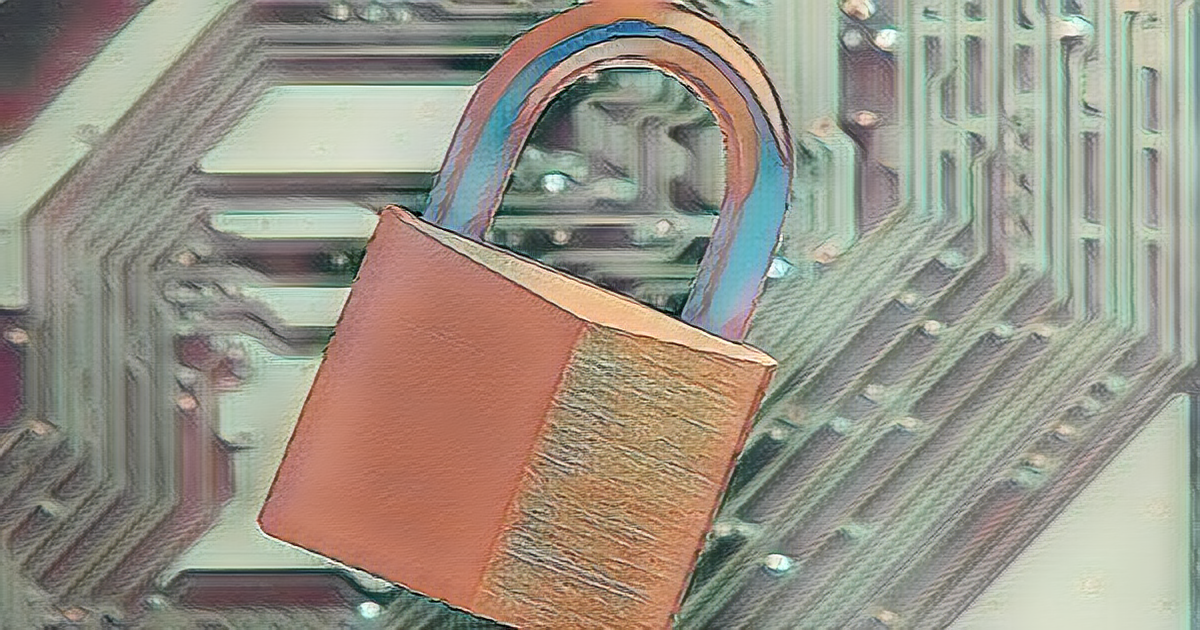
Smart home technology has become increasingly popular, with an estimated market value of nearly $50 billion by 2026 in the United States alone, according to Mordor Intelligence. These devices, such as smart light bulbs, voice assistants, and thermostats, offer convenience and energy-saving benefits to users, although the initial costs may be higher compared to traditional non-web-connected equivalents. Additionally, installing smart security systems can lead to savings on homeowners' insurance premiums, with potential reductions of up to 13%, as highlighted by NerdWallet.
Jason Hiner, editor-in-chief of ZDNet, emphasizes that smart home devices have been designed to be user-friendly, allowing even those with limited technical expertise to set them up effortlessly. The market competition has driven companies to prioritize simplicity and ease of use for consumers, aiming to create products that can be easily plugged in and connected without complicated installations.
In terms of security, it is crucial for users to change default passwords on smart devices and ensure that their email and commerce accounts managing these devices have strong passwords too. Weak passwords, like common default combinations such as "admin" and "password123," can make systems vulnerable to hacking attempts. It is recommended to use longer, more complex passwords, ideally 12-16 characters in length, such as phrases or scrambled significant dates, to enhance security.
Furthermore, users should be mindful of who has access to their main Wi-Fi network, as allowing visitors to connect can expose the network to potential security risks. Creating a separate guest account on Wi-Fi routers with unique login credentials for visitors can help maintain the security of the main network. Allowing guests to connect directly to the main network can pose risks, as their devices may unknowingly carry sensitive network information to other locations, potentially compromising network security.
